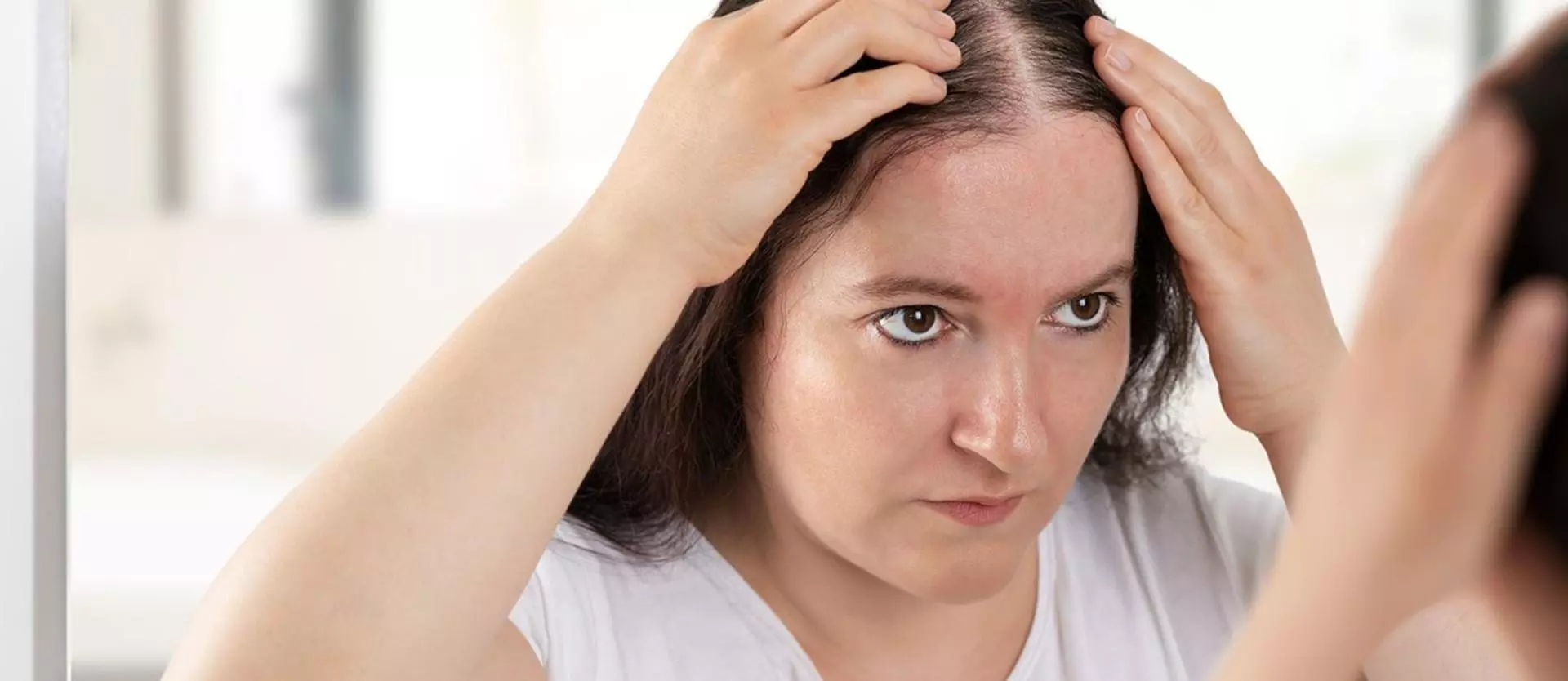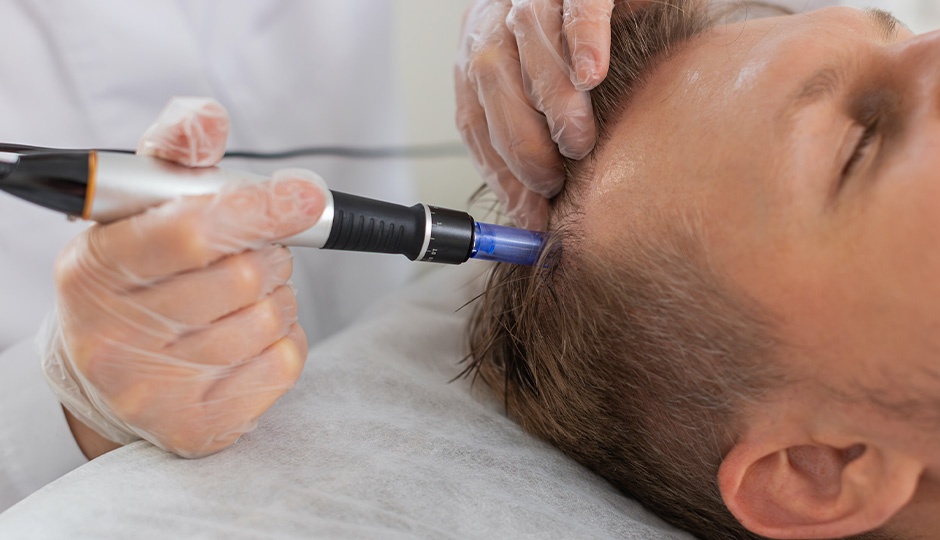Lichen planopilaris, sometimes called lichen planus pilaris, is an inflammatory skin condition that sometimes impacts the scalp and hair. This condition is a form of lichen planus, a condition that impacts the mucus membranes and the skin. For those who have this condition, it can be debilitating and may lead to the loss of hair. If you believe you have it or are unsure if you do, seek out a specialist to get comprehensive care and support. Doing so could be critical to your health and restoring proper hair growth. Here is what you should know about it.
What Are the Symptoms of Lichen Planopilaris?
This condition can create a wide range of symptoms, including bald patches on the scalp, scaly skin that feels very dry, and redness around the hair follicles on the scalp. In addition to this, many people with this condition feel pain or a burning feeling. Some experience a significant amount of itching on the scalp as well.
Most of the time, when this condition forms, a person may experience the development of red bumps, called papules, that are very small. These tend to appear in small groups around hair clusters.
The age of onset, or the most common time for this condition to begin to develop, is as an adult. It can occur at any time but is most likely to occur between 19 and 65 years of age. However, this is a rare disease that does not occur often and is often misunderstood or simply not diagnosed.
What Happens With This Condition?
When Lichen Planopilaris forms, a person may begin to see patches of hair falling out and the development of very small red spots. This condition impacts the hair follicles and, over time, will progress to various areas. When it does occur, the condition damages the hair follicles, which are the narrow shafts that hair grows from during the normal hair growth cycle. When there is scarring and damage to those shafts, the hair cannot grow.
Lichen planopilaris is a permanent condition. That is, it will progressively worsen, and when it does, it creates permanent hair loss due to the damage to the hair follicles. It can occur on the scalp but also in any area of the body where hair grows.
Who Is Most Likely to Get This Condition?
Though it typically impacts people during their adult years, it can occur to anyone. Because it is a rare condition, it is also not well known. It often impacts young adult women more so than men.
Why Does It Happen?
It is not fully understood why some people develop lichen planopilaris. It is known that it is a type of cytotoxic autoimmune disease. In an autoimmune condition, the body’s own white blood cells attack healthy tissue. There are many potential reasons this could occur. However, in this condition, it is unknown what type of antigen or problem is causing this to occur.
There is also no indication that this is a gene-related condition. That means that it is unlikely to be hereditary in nature, at least solely.
Are There Complications?
As a progressive condition, it may worsen over time, and when it does, it can cause hair loss that is permanent. It may also cause the loss of eyebrows and eyelashes, but that is considered much rarer of an occurrence. Because the condition can be hard to treat, many people suffer significant hair loss that’s damaging to them psychologically.
Is There Treatment for Lichen Planopilaris?
It is important for you to seek out treatment for this condition if you think you have it. There is no way for doctors to restore hair growth through damaged hair follicles. However, it may be possible to use a variety of immune system suppressants to help slow the progression of the condition and reduce many of the symptoms of itching and pain. Though you may continue to lose hair, the treatment may slow the progression of this significantly, providing some relief to you.
Anti-inflammatory medications, such as topicals, may also be helpful in some situations. Allow your doctor to create a treatment plan that addresses your specific needs and health complications.
If you have lichen planopilaris and have experienced advanced, permanent hair loss, contact the team at Unique Hair Concepts for a private consultation.






